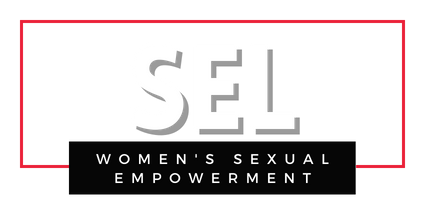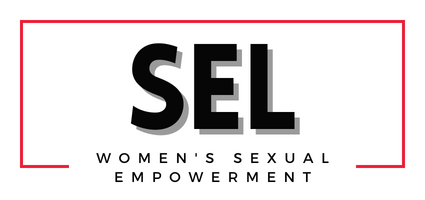Coping with the COVID-19 Pandemic’s Effect on Your Mental Health
COVID-19 has everyone on edge. After months of being shuttered in your home and without your typical social outlets, chances are you’ve faced some emotional challenges. While we promote focusing on self-empowerment and personal autonomy, introspection and self awareness are key in stressful situations that keep us from being our best selves. While celebration of the self is important, it’s also important now, more than ever, that we pay close attention to where we are struggling–and even failing–in our efforts to stay mentally, spiritually and physically healthy.
If you are currently feeling confident and self-assured, that’s great! However, with the ongoing stress of COVID-19 and the pandemic restrictions, as well as the general national social unrest, it’s important to pay close attention to fluctuations in both your emotions and behavior. Issues often crop up before you realize they are there.
So, the questions is, how do you know if you have a mental or emotional problem that you’re not addressing? Consider the following.
Others Try Telling You
When others who are close to you, and know you well, seem to try and tell you that you’re struggling, or that they’re concerned about you repeatedly, that’s a good sign that it’s time to check in with yourself. If your initial response is to dismiss their concerns or to assume that they don’t know what they’re talking about, that is a solid sign it’s time for you to take a closer look at your mental and emotional health.
People are more observant than you may think, and they can notice if a friend is moving in a direction that worries them. Note that this concern is almost always an expression of love, and not a harsh criticism – even when it feels like they’re criticizing you.
There Have Been Warning Signs During COVID-19
There are many warning signs associated with having a problem that we can too-easily ignore if we don’t want to face it. These alcohol addiction myths are a great resource for understanding what that may look like. For instance, alcohol addiction needn’t mean that you drink every single day or that you are a full-blown alcoholic, there are several degrees of concern that you may be suffering from up until that point. Viewing yourself objectively, while extremely humbling and sometimes painful, could save you from diving deeper into addiction.
You Find Yourself Hiding It
If you find yourself hiding away to attend to your problem, and using social isolation to keep your loved ones from knowing something about you, that is a strong sign something is wrong. You might find yourself forgoing evening engagements to play video games for hour or peruse porn, and this could make you uncomfortable when people ask to use your laptop for a quick task. If you find yourself drinking at home more often, or opening a challenger bank account to more easily manage your funds for gambling, you may have a problem. If you can’t freely discuss your activities with a strong and trusted friend, that can serve as a real sign.
Hiding your real self from your friends and family and ignoring their concerns for you, are both signs there might be something bigger you need to address while coping with the limitations of living through the COVID-19 pandemic. Take time to sit down with those you know best, and listen to their feedback. There’s no telling when restrictions on our daily life will be lifted. And it is more important now than ever, to make sure you are taking care of you.




